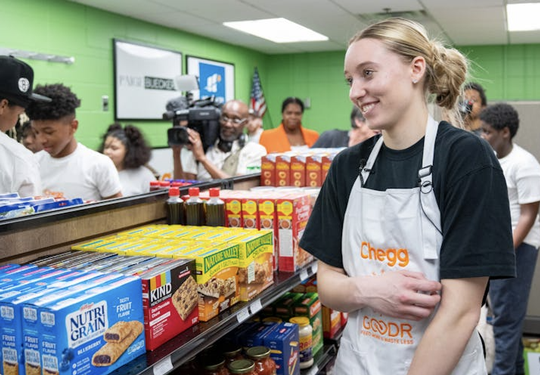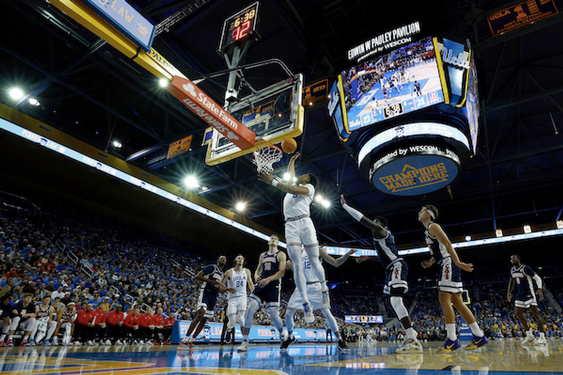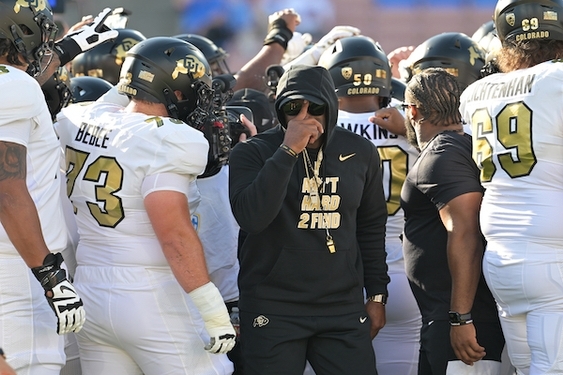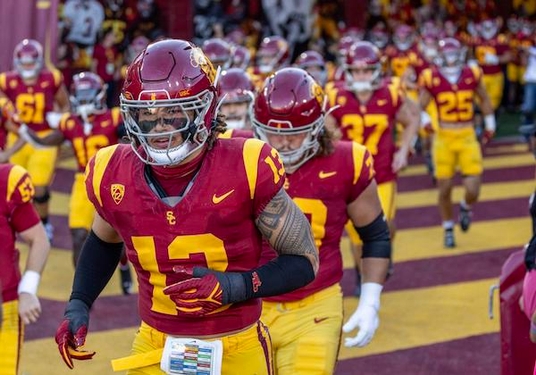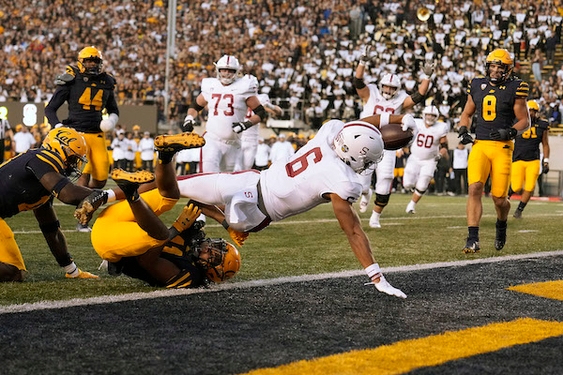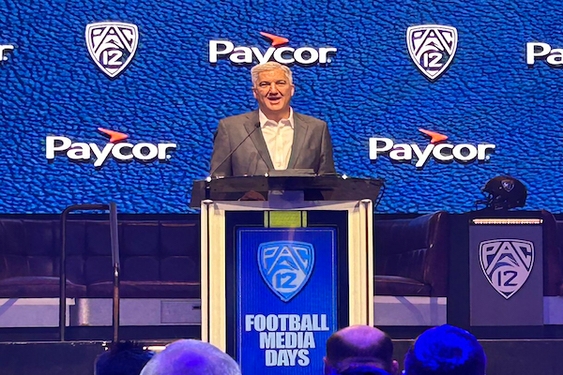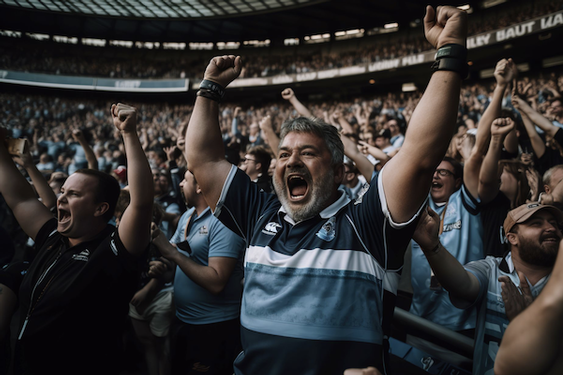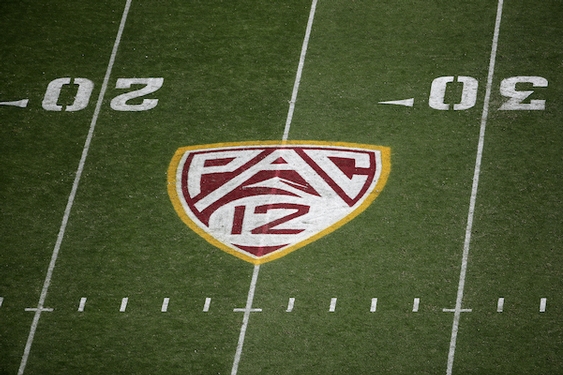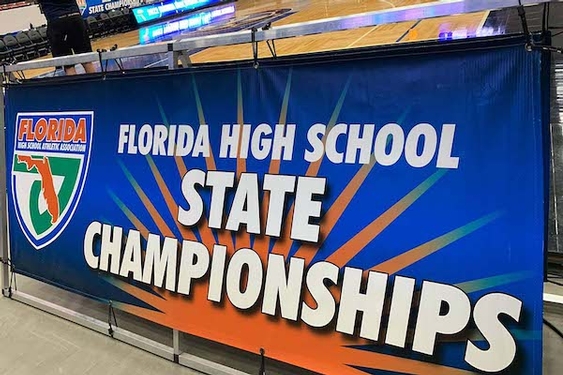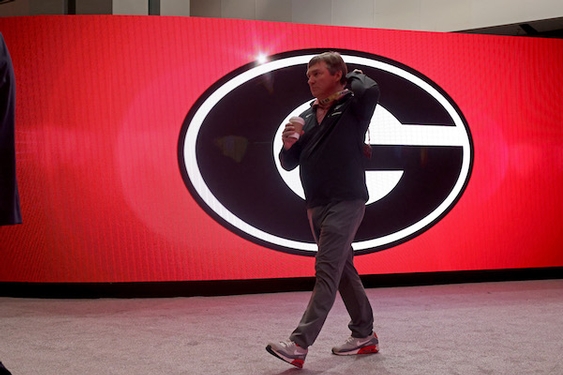Wanted: NCAA Director of Enforcement - Quality control.
Maybe "lack of quality" and "out of control" might be more accurate ways to describe the January job posting and recent overall performance by the NCAA - as witnessed in the botched University of Miami case under review.
"The idea the NCAA didn't know about that is laughable," Jay Bilas, ESPN college basketball analyst, broadcaster and attorney said of NCAA president Mark Emmert's announcement Jan. 23 that the governing body of college sports had initiated an investigation of itself because it improperly obtained evidence via the attorney of former booster Nevin Shapiro - and paid her - during its investigation into Miami's football and basketball programs.
Said Bilas: "When Emmert said the general counsel didn't know and (warned) them twice not to do it . . . if that was UM that said, 'We told our underlings not to do it and they did it anyway,' they would be pilloried by the Committee on Infractions - and Emmert would call them cheaters and say it was lack of institutional control.
"It is absurd."
While Miami and the nation await outside counsel Ken Wainstein's findings as to how it happened that NCAA investigators hired Shapiro's lawyer, Maria Elena Perez, to depose individuals and query them in Shapiro's bankruptcy case, critics keep chipping away at the NCAA's already questionable reputation.
Gene Marsh, a lawyer based in Birmingham, Ala., who served as chair of the Committee on Infractions from 2004 to 2006, said sometimes NCAA investigators aren't equipped to undertake such complex investigations.
"They are not prepared to deal with the kinds of decisions and to spot the ethical issues and conflict issues that a lawyer at a fairly high level would spot," Marsh told CBSSports.com. "I know there are people in enforcement who just don't have the experience to do it."
Some, such as Bilas, have suggested outsourcing the NCAA enforcement process.
"This is a huge fiasco," Bilas told Dan Le Batard, a Miami Herald columnist and radio host. "This goes to what I've been saying for a decade, that the NCAA should not be in this business. They should not be in the enforcement business where they're rules maker, investigator, judge, jury and executioner.
"The U.S. Olympic Committee and U.S. Anti-D oping Agency both use the American Arbitration Association to administer and resolve their disputes. That's what the NCAA should do."
Others, such as NCAA expert John Infante, who writes a popular blog on NCAA Bylaws (Bylawblog .com) and worked in compliance for Loyola Marymount in Los Angeles and Colorado State, believe that "the only way to have the process be truly independent and do something fundamentally different from what the NCAA does now, is to have the federal government step in as, basically, new regulators.
"I guess if you look at other options, such as having an independent law firm do the enforcement, they're not really independent because somebody has to pay for that and it's going to be the NCAA, and the guys who control the purse strings will control what kind of investigation gets done."
And some, such as CBSSports.com columnist Dennis Dodd, suggest, "Hey NCAA, why don't you just give it up and let Miami go?
"The Miami case is now tainted beyond reason. We know that now. Mistrial. Throw it out, NCAA. Move on, NCAA. You've lost face - and perhaps the credibility to ever investigate anyone again.
"Is it time to outsource the most controversial department of a highly controversial non profit, tax-exempt -though extremely powerful - giant? The answer would seem to scream, yes."
However one believes the Miami saga involving Shapiro, a convicted Ponzi schemer, should be decided, there's little doubt that the NCAA enforcement staff is a beleaguered, overworked and understaffed group of people who juggle too much at a time.
Two investigators involved in the Miami case were already fired.
"I don't think they have enough people," one person close to the process said. "I would not be surprised if they said they're going to, in essence, declare a mistrial and accept Miami's self-imposed sanctions and move on. They're sort of stuck in a no-win situation, because if they settle the case quickly they'll lose tremendous credibility on enforcement going forward. On the other hand, if they don't (punish) Miami then all the other schools will be really upset, starting with ( NCAA rule-breaker) USC, because Miami got off free.
"So, whichever way they go they'll have huge credibility problems. I think they're trying to figure out what makes the most sense at this point. They're stuck.
"In the meantime, Miami is sitting there waiting. The more this drags on the better it's got to be for Miami."
The NCAA's investigative staff, which does not have subpoena power, encompasses about 55 people, about 37 of whom are actual investigators - at least as of late 2011, when NCAA vice president of enforcement Julie Roe Lach made a nationwide media tour to explain the enforcement process.
The NCAA did not respond to calls or an email to update those numbers.
Lach said the NCAA handles upwards of 100 cases at a time, with sometimes more than five people on a case. She said 75 percent have law degrees and some were former prosecutors, public defenders, FBI agents and coaches.
"We have people who used to work on campus in compliance," she said, "and we even have people who were athletic directors or spent time in a conference office.
"At least two-thirds of our staff are former student-athletes across all divisions.
"Most investigators are carrying two to three cases."
Lach admitted that her staff "sometimes can be demoralized by the misunderstandings of people" about the enforcement process and the often more than 100 interviews that are done in a case, not to mention the endless collection of phone records, academic records, bank records and the like - and doors shut in their faces.
"We're actually representing every other member institution in trying to get to the truth," she said, not referring specifically to the Miami case. "We're trying to uncover that something that went wrong and an unfair advantage was gained, when every other school theoretically was following the rules.
"There are some myths out there - other people think they're truths - one of which is the process is unfair or inconsistent, that we go on witch hunts as an enforcement staff or there are sacred cows, or that everything we do we're secret about intentionally."
Bilas said he doesn't think the NCAA investigators are bad people, but rather that they are questionable in the way they operate. He also said he believes Miami's sanctions should be softened because of the missteps in the case.
"We're talking about potentially the NCAA having a lawyer for Shapiro on its payroll that they were directing to do certain things in a federal bankruptcy case that didn't apply to that case," he said. "Was that deposition only set up for the NCAA? It also violates all the procedures and process of enforcement.
"The same sort of use of the NCAA laws for slamming Penn State, would they apply that to themselves?" Bilas said, referring to the NCAA's swift, sweeping and severe sanctions in the sex-abuse scandal involving former Penn State defensive coordinator Jerry Sandusky. "My guess is they wouldn't."
(Miami Herald sportswriters Manny Navarro and Barry Jackson contributed to this report.)
(c)2013 The Miami Herald
Distributed by MCT Information Services



